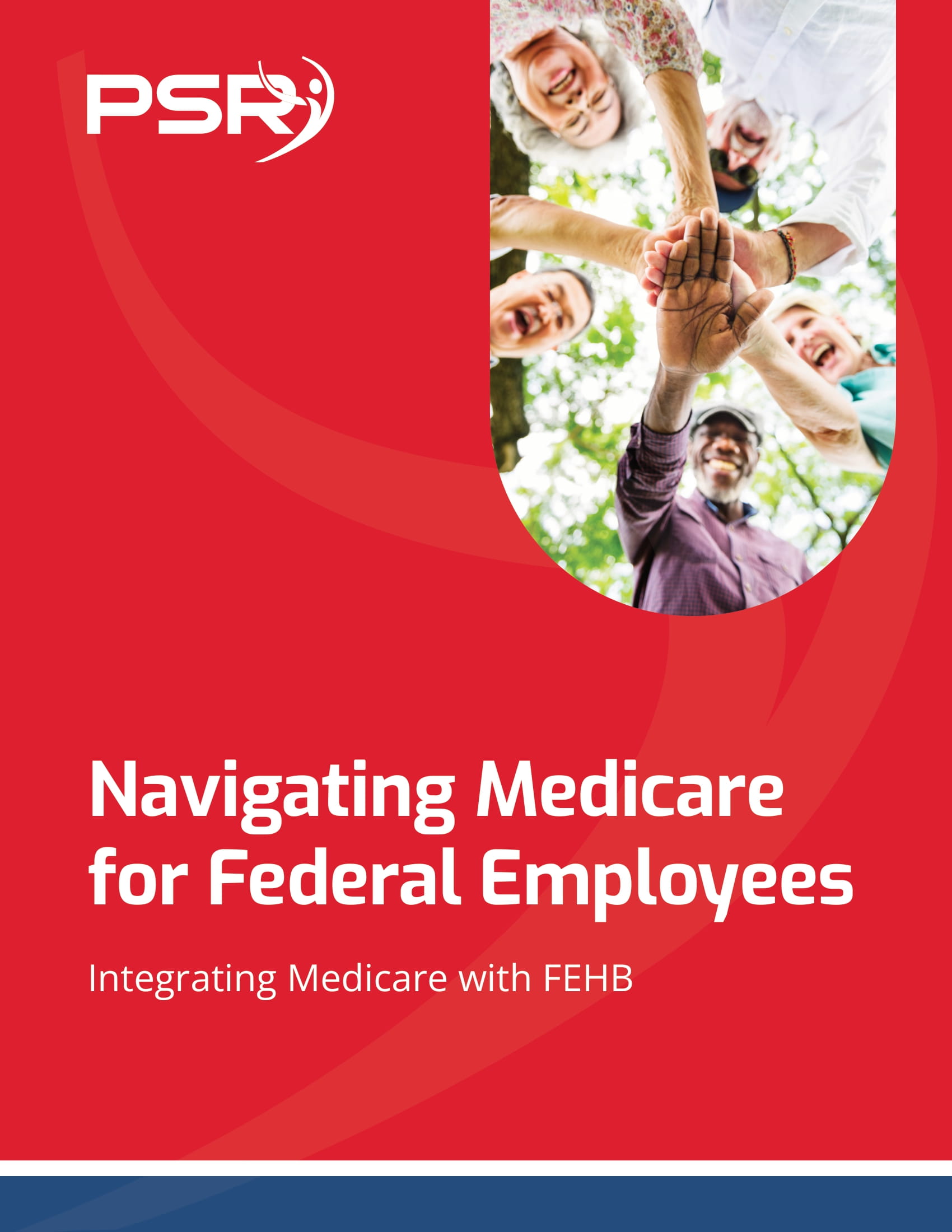 It seems to be the general concensus that a Last Will and Testament is an essential part of a good estate plan but Living Trusts are not as widely used nor understood. Although many may think that probate is a negative of the Last Will and Testament, a great many individuals remain comfortable with it. There are a number of ways to pass your wealth onto family members. But whatever method or tool you choose, taking action is pivotal. Don’t spend so much time thinking about what to do that you simply do nothing.
It seems to be the general concensus that a Last Will and Testament is an essential part of a good estate plan but Living Trusts are not as widely used nor understood. Although many may think that probate is a negative of the Last Will and Testament, a great many individuals remain comfortable with it. There are a number of ways to pass your wealth onto family members. But whatever method or tool you choose, taking action is pivotal. Don’t spend so much time thinking about what to do that you simply do nothing.
- Also Read: Divorce and Your Federal Pension—What Happens When You Split Assets and How It Could Affect Your TSP
- Also Read: What Happens to Your Federal Benefits After Divorce? Here’s the Lowdown
- Also Read: The Best FEHB Plans for 2025: Which One Fits Your Lifestyle and Budget the Best?
It is never a good idea to be in a position to listen and listen without the benefit of having some knowledge under your belt. You don’t have to be an expert, but you surely need to have enough information so you can determine which direction you want to take. Summarily, you don’t want anyone making critically important decisions for you. You want to make those decisions yourself.
More and more individuals are turning to Trusts in managing the transfer of their wealth to their loved-ones. As the grantor or the trustor of the trust, you may make changes, additions or transfer assets. You may even terminate the trust altogether. A trust can be changed and so can a will. Both instruments require being informed. By comparing Wills and Trusts side-by-side and of course having a decision with someone you trust will help you decide if a Trust is right for you.
P. S. Always Remember to Share What You Know.
Recommended Articles
For Postal Employees – LiteBlue and the TSP
Federal Retirement Benefit Analysis
Is The Pension Survivor Benefit Best For You? by Todd Carmack
A Little-Known Opportunity Can Increase Your Retirement Income. by Mark Sprague











